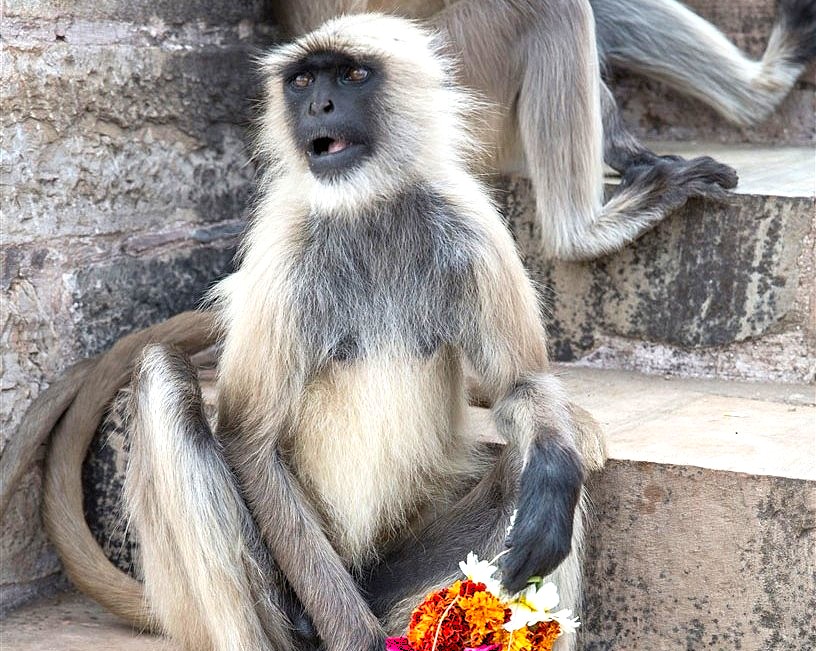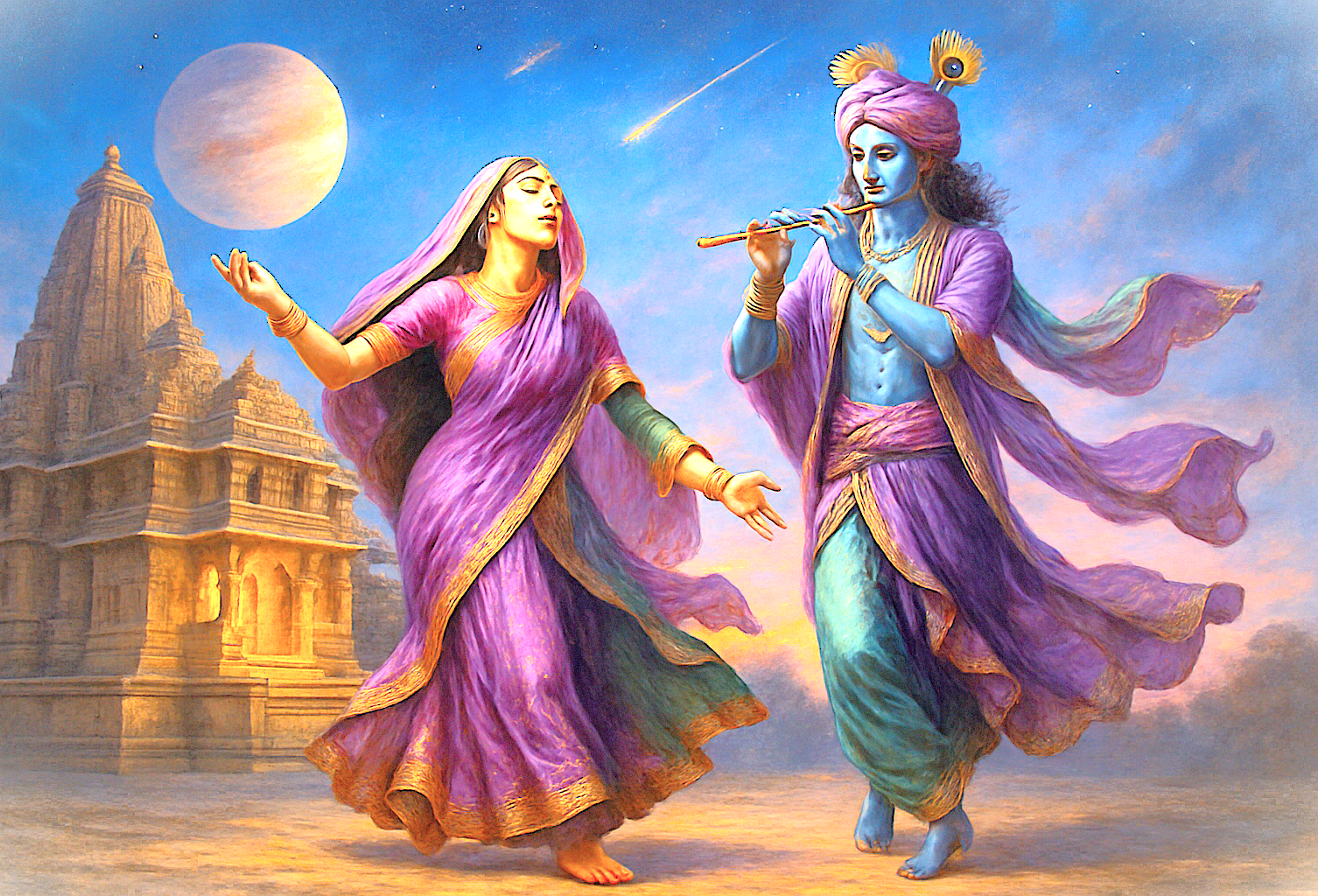
Desert Realm Odysee Tour Rajasthan
Chittorgarh Fort Rajasthan India
Mother Masala Tours
Heroic Hilltop Kingdom
Chittorgarh Fort Rajasthan. The fortress stands as a testament to the valiant history of the Rajput Dynasty and their unwavering spirit. This massive fortification is perched on a 180-meter-high hill and spans approximately 700 acres. The name “Chittor” is thought to derive from Chittrangada, a legendary king from its early history. Construction began in the 7th century under the rule of the Maurya Dynasty, specifically during the reign of King Bappa Rawal, who is celebrated as its founder. Chittorgarh has witnessed numerous sieges and battles over the centuries, including notable events such as the invasions by Alauddin Khilji in 1303 and later, by the Mughal Emperor Akbar in 1568.

Chittorgarh Fort Rajasthan: Sacred Spaces
The fort is not only famous for its military significance but also for the poignant stories of its queens, especially Rani Padmini, whose courage during the invasions epitomizes Rajput honor and valour. Today, the population surrounding this historic site primarily consists of descendants of Rajput clans, who continue to uphold their traditions and heritage. With around 90,000 residents, Chittorgarh thrives as both a city of historical significance and a vibrant community that blends the old with the new, ensuring that the fort remains a point of pride and touchstone for cultural identity
Timeless Artifacts

Within the grand expanse of the Fort, artifacts and sacred spaces reflect its deep historical significance. The most notable structure is the Vijay Stambh, or Victory Tower, built in 1440 by Maharana Kumbha to commemorate his victory over the Malwa Dynasty. This stunning tower rises to a height of 37 meters and serves as a stunning example of Indo-Aryan style, adorned with intricate carvings of deities and historical scenes. Each sculpture tells a powerful story. Another site of the fort is the Rani Padmini Palace, which housed the queen. Its elegance speaks of royal splendour. Her legacy resonates through these halls.
Ancient Mosaics: Impeccable Craftsmanship
Chittorgarh Fort Rajasthan. Famed for its impeccable craftsmanship, particularly in stone masonry and sculptural art, evident across the fort’s structures. The intricate carvings found on the walls of the Vijay Stambh and Rani Padmini Palace are products of skilled artisans who dedicated themselves to their craft. The Vijai Stambh, constructed under the rule of Maharana Kumbha, features detailed reliefs depicting Hindu deities, battlefield scenes, and floral designs that highlight the artistry of the period. The fort’s Kirtistambha, or Tower of Fame, stands as another prime example of the refined craftsmanship that identifies the Rajput style.
Capturing the Magic: A Photographic Haven

The Fort provides endless opportunities for capturing stunning images that tell its historical narrative. The impressive Vijay Stambh, the serene backdrop of the Ganga Bihari, and the beautiful ruins of the Rani Padmini Palace entice the eyes and imagination. Each angle reveals unique compositions, from intricate carvings to sweeping views of the fort walls stretching across the landscape. The beauty of the sunsets against the fort's stone edifice adds an ethereal quality to your photographs. Every moment presents a perfect shot. Capture the fort's majestic beauty and its enduring spirit. This architectural marvel invites exploration and discovery.
The Pulse of the Local Community
Chittorgarh Fort Rajasthan. The local community offers a warm and welcoming atmosphere, reflecting the cultural richness of the Rajput heritage. The residents pride themselves on their history, traditions, and hospitality, creating an inviting environment for those who explore the fort. The unique qualities of the locals include a strong sense of loyalty to their heritage, often sharing stories of bravery and valor that echo through generations. Festivals and cultural events are celebrated with enthusiasm, emphasizing togetherness and community spirit.
The Connection with the Gods

Chittorgarh Fort is not just a fortress of stone; it's a sacred place alive with beautiful spiritual stories. Feel the deep devotion of the poet-princess Meera Bai, who famously sang her heart out for her beloved Lord Krishna in a temple built right here just for her. Her songs echo with timeless love. Discover the ancient and powerful Kalika Mata Temple, which is dedicated to the fierce Goddess Kali, a protector of the land. Look up at the magnificent Vijay Stambha, an iconic tower celebrating Vishnu. Its intricate carvings tell tales of victory. Rituals continue here, inspiring all who visit. Journey into India's heart. Every corner holds a sacred past.
A Culinary Journey: Savor the Flavour
A visit is incomplete without indulging in local specialties that represent the flavors of Rajasthan. One must-try dish is Dal Baati Churma, a traditional delicacy. This meal consists of spicy lentil soup (dal), round wheat rolls (Baati) served with ghee, and a sweet crumble made from flour and jaggery (Churma). For those with a sweet tooth, Mawa Sweets, made from khoya (reduced milk) and flavoured with cardamom, provide a delightful end to any meal. To accompany these dishes, don't miss out on trying Masala Chhach, a refreshing buttermilk drink spiced with cumin and ginger.
Serendipitous Meetings: Beyond the Main Path

Walking through Chittorgarh, unexpected discoveries await us that reveal the community's artistic spirit. Workshops throughout the city reveal artisans working on jewellery, textiles, and pottery. These skilled craftspeople keep traditions alive that have been passed down through generations, forming a living connection to the fort's rich and vibrant history. Their dedication is truly inspiring. The colours of hand-dyed fabrics and the details of jewellery offer a wonderful chance to connect with the culture. Every piece tells a story of heritage and passion, witness ancient techniques firsthand.
Festivals of Devotion: Honouring the Sacred and the Divine
Chittorgarh Fort Rajasthan. Chittorgarh hosts a variety of festivals that celebrate its historical and spiritual significance. One prominent festival is the Kumbhalgarh Festival, held annually in February, spotlighting the rich cultural heritage through folk dances, music, and crafts. This event draws participants and spectators from surrounding areas and highlights traditional performances that reflect the region's history. Another important festival is Makar Sankranti, which takes place in January and celebrates the harvest season with kite flying, sweets, and local fairs.
Ancient Technologies: Sacred Sound, Geometry & Astrological Influences

Sacred geometry, guided by principles of Vastu Shastra, plays a key role in the fort's design, especially in its temples. This ancient Indian architectural science aligns structures to foster harmony, balance, and positive spiritual energy for worshippers. Every stone and pillar is placed with deliberate intent. This careful planning ensures a sense of peace permeates the entire space. This enhancement of sound, resonating at beneficial Solfeggio frequencies, creates a deeply profound sensory and spiritual experience for all who visit this historic site. It is an inspiring journey for the soul.
Urban Legends: Strange Sightings, Myths and Mysteries
The fortress is rich with legends and myths that add an air of mystique to its already captivating history. One legend involves the ghost of Rani Padmini, who is said to wander the fort, lamenting her tragic fate. Stories about sightings of a spectral figure dressed in royal attire circulating in the Rani Padmini Palace have intrigued both locals and those intrigued by the paranormal. Another tale speaks of hidden treasures buried within the fort’s walls, supposedly placed there by the rulers after battles to protect them from enemies.
Resilience and Renewal: Overcoming Adversity’s Challenges

The Fort has faced many challenges throughout its past, including the siege led by Alauddin Khilji in 1303. During this siege, the fort's defenders, led by Rani Padmini's husband, Maharaja Rawal Ratan Singh, fought valiantly to protect their home. After a prolonged battle, the fort fell to Khilji’s forces, leading to the infamous act of johar - a mass self-immolation by the women of the fort to avoid capture. The fort endured subsequent sieges, including that by Mughal Emperor Akbar in 1568. Each conflict forged its legend. Its walls silently tell stories of immense courage.
India: Where temple Bells Ring Right On Your Arrival
We invite you to join us on an exploration of Chittorgarh, where we will delve into the rich tapestry of history, culture, and heritage. We will explore the majestic fort that stands as a tribute to the valour of the Rajput Dynasty. As we walk through the ancient pathways, encounter artisans, indulge in local cuisine, and celebrate the festivals, we will create lasting memories that reveal the resilience and beauty of this historic site.
Symphony of Generosity: Offerings from Wanderers to Residents

The connection between the local community and those who explore Chittorgarh is one of mutual benefit and generosity. As we purchase local crafts and enjoy the traditional cuisine, we support the artisans and vendors who contribute to the area's cultural richness. This symbiotic relationship fosters community pride and encourages the continuation of traditional practices. The economic interchange enhances the lives of the locals, while our experiences enrich our understanding of their customs and history. Every purchase directly empowers families, helping to preserve skills and heritage.
Step Inside The Story - View All Tour Itineraries & Details
We’re here to offer genuine, thoughtful guidance for your travels. As a small, dedicated team, we pay close attention to every detail so you can focus on enjoying the experience while we take care of the planning. We believe the best trips begin when someone truly listens to what you want and how you like to travel, so the journey feels right for you and contributes to a happy, positive group on tour. Our communication stays clear, straightforward, and respectful at every step, with the goal of helping you feel understood, supported, and confident from first contact to the end of your journey. Click here:- Discover Life Travel - India Tour Specialists